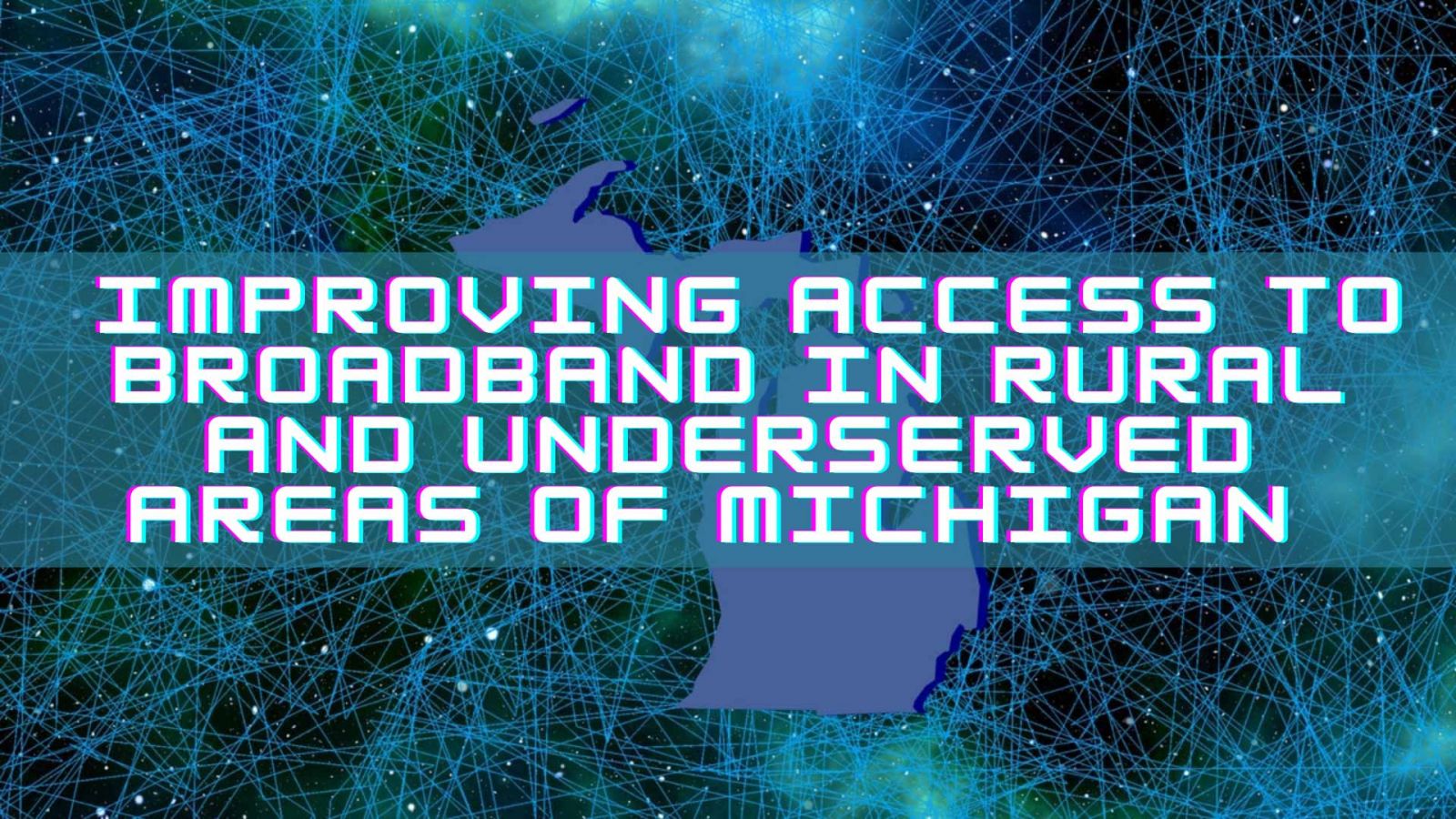MECC Current Projects
/ Metro Detroit
Detroit River
The Detroit River MECC project works with a multitude of stakeholders including the Detroit River Project, the Detroit Riverfront Conservancy, the Michigan Department of Natural Resources, and the U-M Museum of Natural History. These stakeholders have worked with students in a variety of disciplines, from urban planning to literary journalism, with the stated goal of better telling the multifaceted story of the Detroit River. Read more about this project and its collaboration with the Detroit River Story Lab.
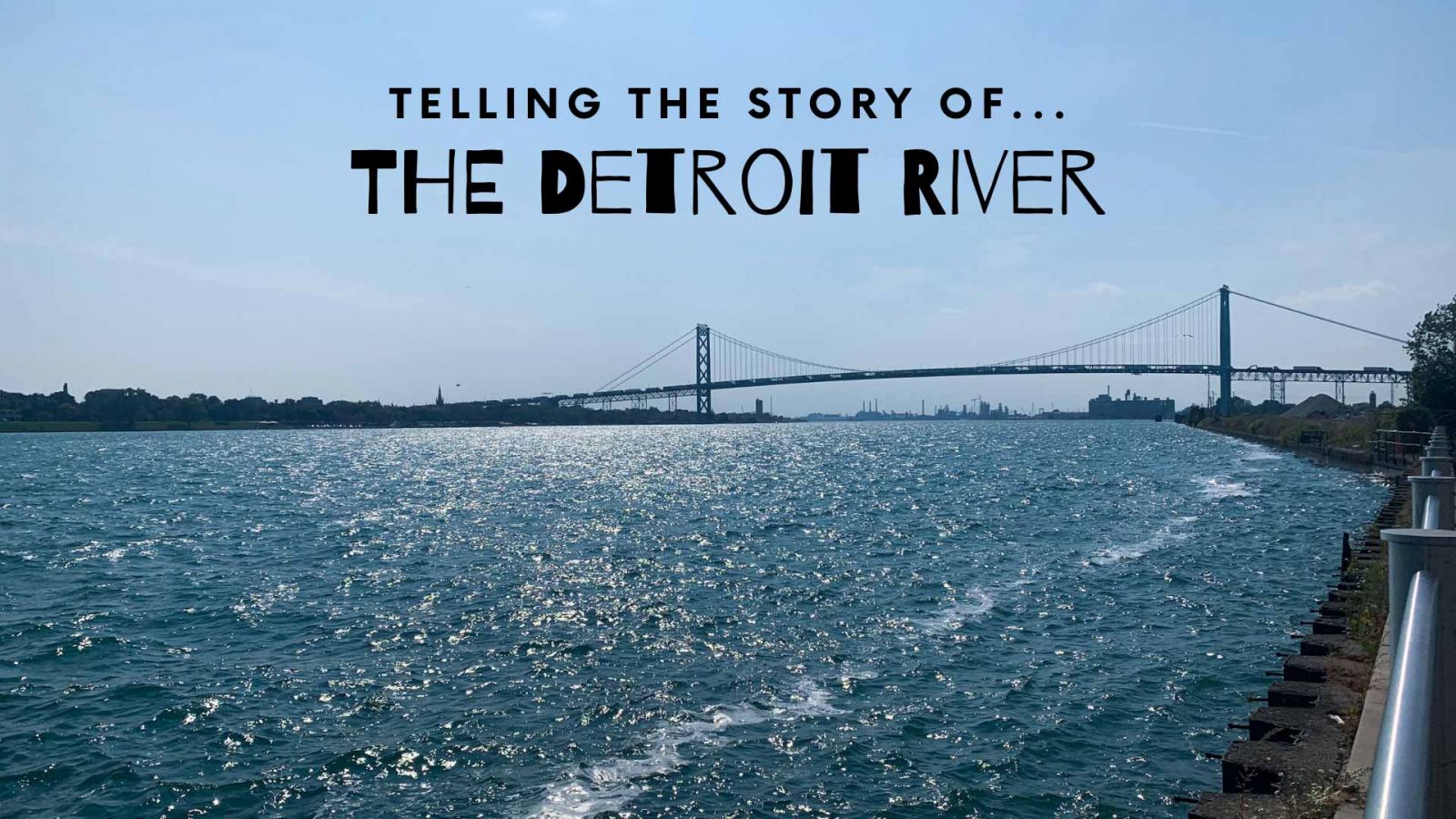
Refugee Ready Region II
This project has been in development for some months and we are excited to be starting work during the fall 2021 semester with students and faculty at the U-M. Working with Wayne County Economic Development (WCED), Samaritas, Wayne Metro, and the City of Inkster, this project is focused on building affordable housing options for newly arriving refugees, a population expected to grow beginning in the fall and over the next few years.
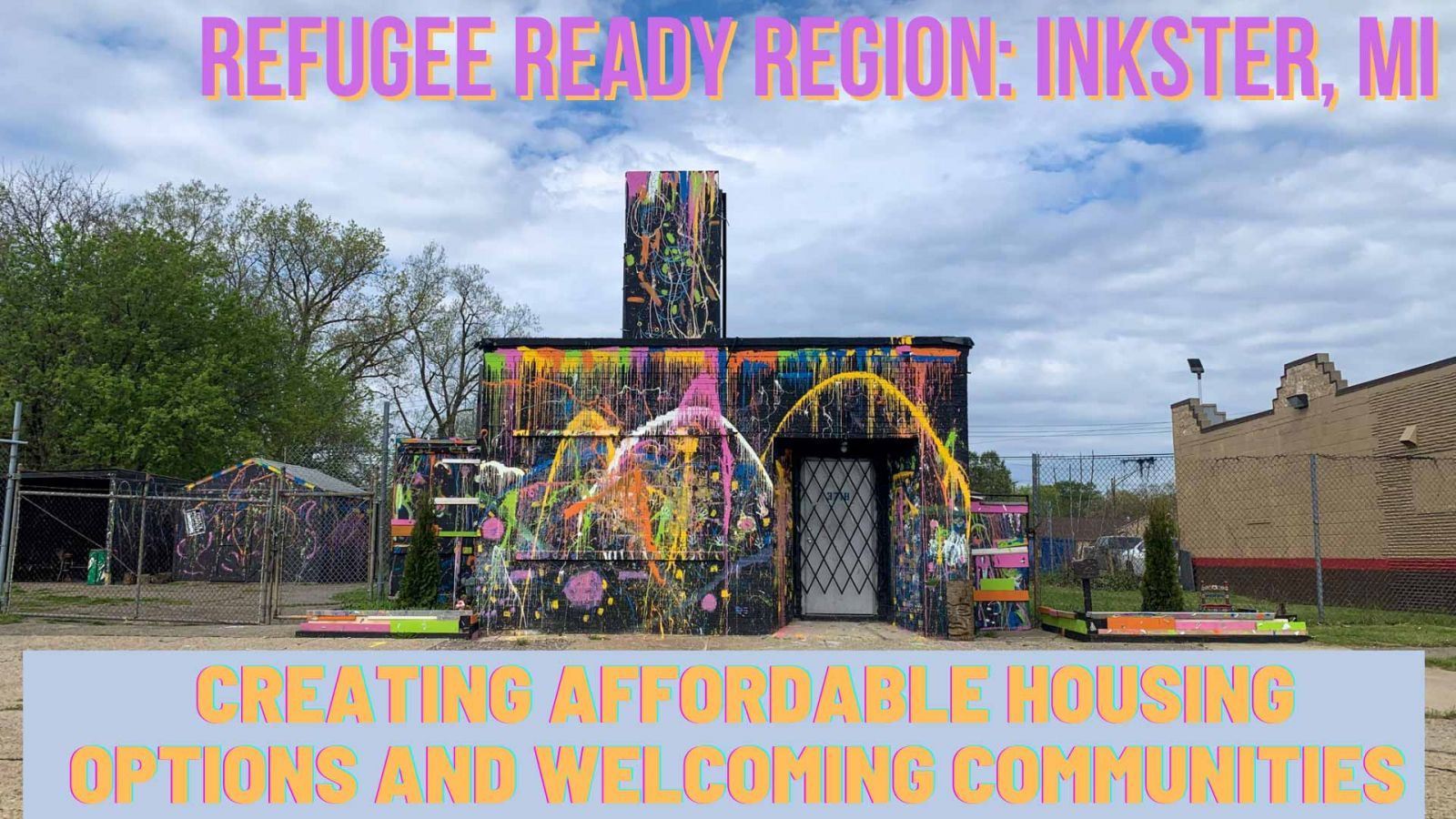
Design Summit
Decrypt Detroit, submitted by U-M SI students Samuel Wood and Frances MacKercher, won first place in the Fall 2020 Student Design Summit- Designing for Digital Transformation. Image courtesy of Midtown Cultural Connections Student Design Summit
The Student Design Summit, hosted by the Cultural Center Planning Initiative, is an opportunity for students to engage in contemporary design practices to re-conceptualize spaces in the community. The Design Summit is the result of collaboration between U-M, Wayne State University, Midtown Detroit and other groups in the area.
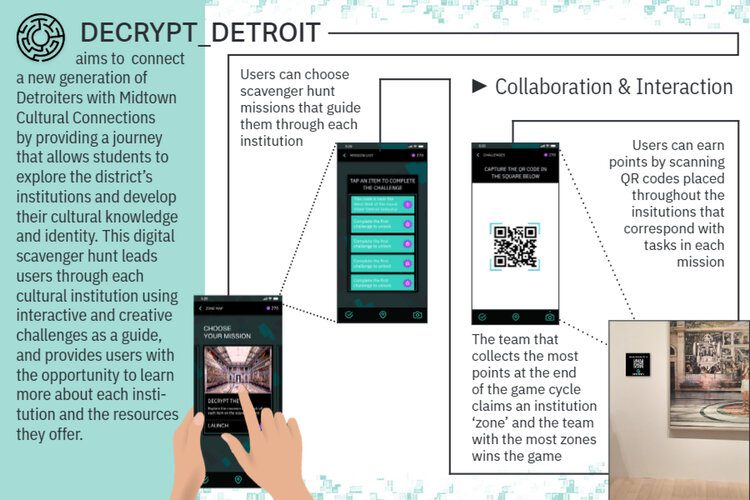
Museum in a Box
The Michigan Science Center is our primary stakeholder for this new project. Image courtesy of Michigan Science Center
The Fall ‘21 semester will represent the initial cohort of students working with the Michigan Science Center on this project. They will be working with the goal of connecting with underserved audiences and providing them with affordable STEM learning resources.
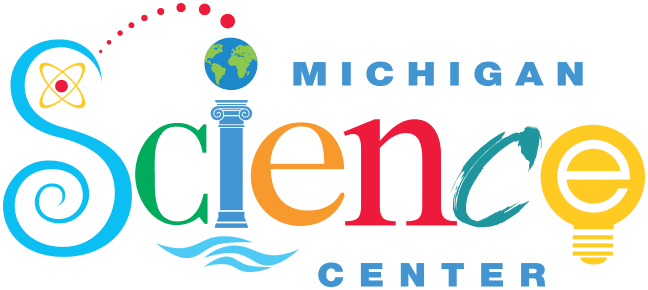
/ Western Michigan
Lakeshore Erosion
Students and faculty from the U-M studying environmental planning and law worked with MSU’s Department of Geography, Environment, and Spatial Sciences to produce an environmental planning guide book for stakeholders in Chikaming Township and the City of Manistee. This work lays the foundation for future cohorts of students to build upon in better understanding how to best manage lakeshore erosion in Great Lakes coastal communities.
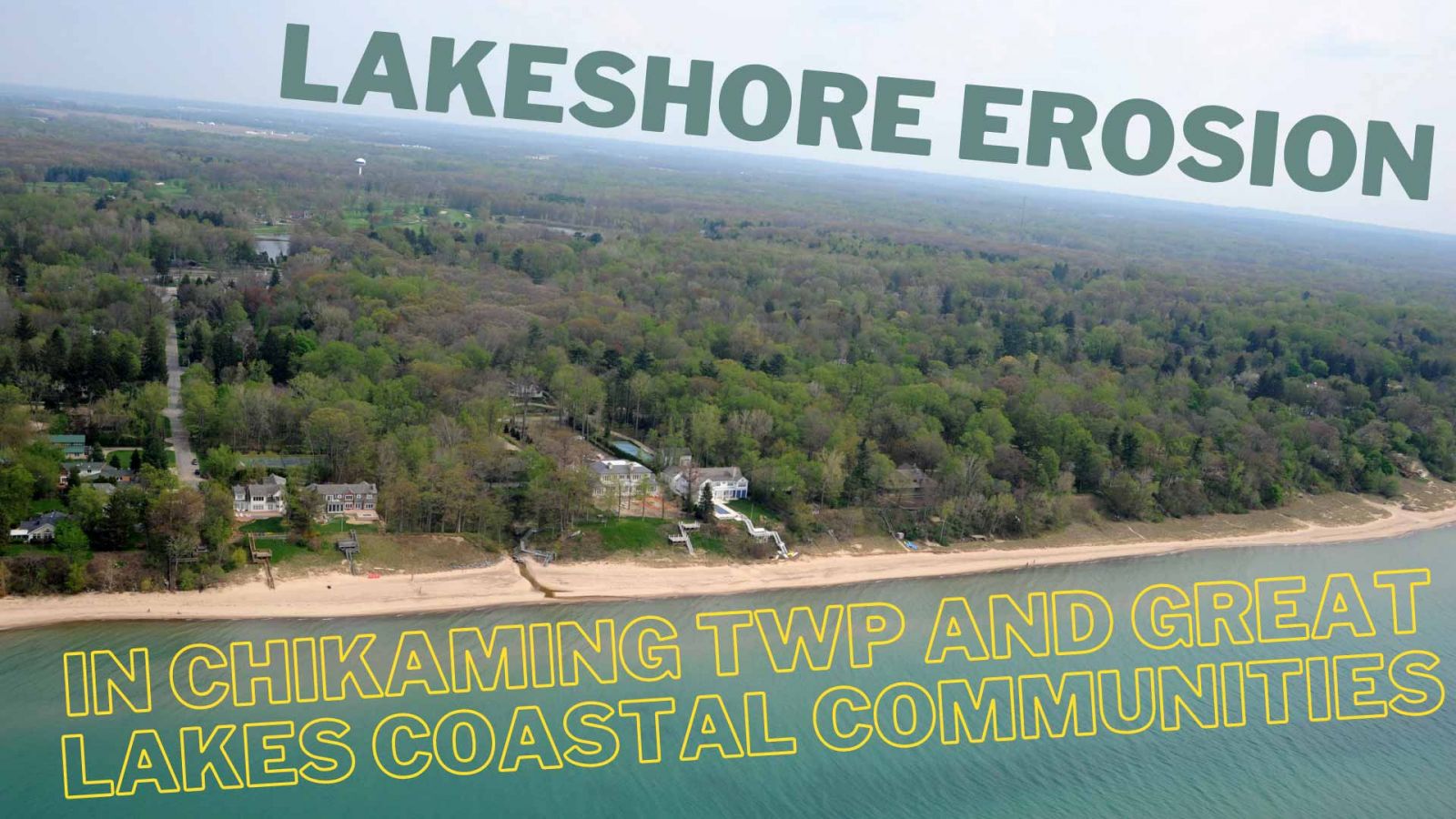
/ State of Michigan
Broadband Access in Rural and Underserved areas of Michigan
U-M SI students are working with stakeholders at the State of Michigan as part of a broader state-wide effort to better provide quality access to broadband in rural and underserved areas of Michigan. With the Governor’s recent announcement of the newly established Michigan High-Speed Internet Office (MIHI), we are excited to ramp up work on this project in the fall.
